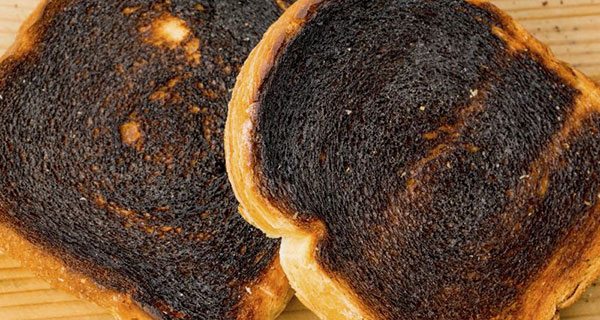 Canada’s Competition Bureau is alleging that almost every major food player was in on the bread cartel. This is extraordinarily disturbing and Canadians have every right to wonder if other grocery staples are affected by this type of collusion.
Canada’s Competition Bureau is alleging that almost every major food player was in on the bread cartel. This is extraordinarily disturbing and Canadians have every right to wonder if other grocery staples are affected by this type of collusion.
The bread-price-fixing scheme, which allegedly lasted for 14 years, included major wholesalers such as Canada Bread Co. Ltd., George Weston Ltd., and the major grocers Loblaw, Walmart Canada, Sobeys, Metro and Giant Tiger.
At wholesale, this represents most of the baked goods sold to Canadians. At retail, the companies involved represent 80 per cent of all foods sold directly to consumers. This is massive. The bureau is suggesting that all these companies broke the law by colluding at both the wholesale and retail levels in lockstep. And that apparently meant retail prices were inflated.
We can only imagine that the temptation was overwhelming.
Even though these cases are challenging to uncover, we’ve seen such incidents in the past. This time, however, the bureau alleges that the scheme was double-layered. Both manufacturing and retailing were apparently heavily involved, with co-ordinated price strategies to manage margins and increase profits.
Both Sobeys and Metro rejected accusations of being part of illegal activities – in fact, one day before the bureau’s report came out, Metro’s chief executive officer said his company wasn’t involved.
It will be interesting to see what action these companies take now. In December, when Loblaw alone was implicated, it responded with a $25 gift-certificate campaign, which is still going strong. Save-On-Foods introdued a similar strategy days after Loblaw. Given that we knew little about the investigation at the time, Loblaw’s giveaway served as a distraction; it was the only thing that most people were talking about.
But given what we know now, this must change.
The Competition Bureau’s allegations put the spotlight clearly on consumer trust. Many shoppers may soon forget about the controversy. But others have limited means and believe, at the very least, that they deserve an industry that operates with integrity. As a result, consumers should expect changes.
In fact, grocers have already started to implement changes. Since the news first broke in December, countless food retailers have been offering attractive discounts on bread and baked goods. Across the country, grocers have also placed carts of these discounted items in front of their stores to catch the attention of entering shoppers.
This is one overt way for the industry to offer something of an apology. But retailers should consider doing more.
Gift certificates, which don’t discriminate, are always welcome. They help those who need the extra cash to eat; others can give them to charity. There are potential advantages for the companies, as long as the intention is genuine. Loblaw’s mea culpa and $25 gift certificate came all at once. Given the confusion about the scandal at that point, this likely worked to the company’s advantage. Other grocers now face a different group of consumers, who are much more informed and perhaps less tolerant.
Loblaw waited 14 years to try to make amends. The others waited 14 years, 42 days and counting – and they have to explain these additional days of delay.
The whole thing is a public-relations mess and attempting to show plausible deniability may not the best option.
Some inventive solutions could certainly help the industry. Giving away money is always popular. But the betrayal many Canadians feel should be the focus of any new campaigns. Regardless who was involved or aware of the alleged scam, consumers should be the focal point now.
Dr. Sylvain Charlebois is senior director of the agri-food analytics lab and a professor in food distribution and policy at Dalhousie University.
Sylvain is a Troy Media Thought Leader. Why aren’t you?
For interview requests, click here. You must be a Troy Media Marketplace media subscriber to access our Sourcebook.
The views, opinions and positions expressed by columnists and contributors are the author’s alone. They do not inherently or expressly reflect the views, opinions and/or positions of our publication.


